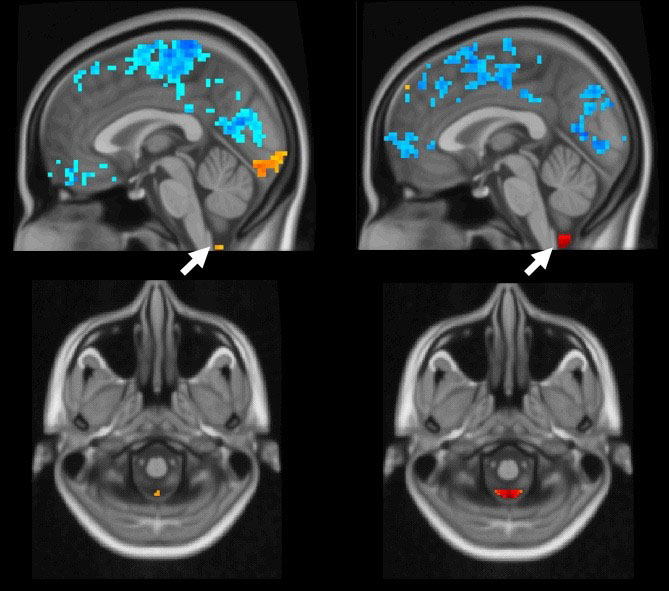Aging (7) Alzheimer’s Disease (5) Biobehavioral Health (2) Center for Healthy Aging (8) Center for Social Data Analytics (1) College of Health and Human Development (6) College of Medicine (1) College of the Liberal Arts (1) COSSA (1) CSUA (1) Education (1) Faculty Information (1) Food Security (1) Funding (1) Geroscience and Dementia Prevention Consortium (10) Huck (1) Human Development and Family Studies (4) Loneliness (1) Nutrition (1) Nutritional Sciences (1) Open Access Research (1) PRI Associate (1) Sleep (1) Social Science (1) Survey Research Center (2)
Penn State social scientists support federal research funding at COSSA Day
A distinguished delegation of Penn State researchers traveled to Washington, D.C., March 24-25, to participate in the annual Consortium of Social Science Association's (COSSA) Social Science Advocacy Day. The event brought together social and behavioral scientists from across the nation to engage…
$3.1M grant to fund study on early signs and diagnosis of Alzheimer's disease
A four-year, $3,148,346 National Institute of Aging (NIA)-funded project aims to use computational models and psychology to study the early signs of Alzheimer’s disease and other dementias (ADRD) that may appear approximately 20 years before an official diagnosis, according to Zita Oravecz,…
Calorie restriction study reveals complexities in how diet impacts aging
Penn State researchers may have uncovered another layer of complexity in the mystery of how diet impacts aging. A new study led by researchers in the Penn State College of Health and Human Development examined how a person’s telomeres — sections of genetic bases that function like…
New funding will continue research to address Alzheimer’s disease and dementia
Researchers on the Einstein Aging Study work to better understand cognitive aging, Alzheimer’s disease, and related dementias. A new $32 million grant from the National Institute on Aging will allow an interdisciplinary team of researchers from Penn State, the Albert Einstein College of Medicine,…
Penn State establishes the Geroscience and Dementia Prevention Consortium
There is growing evidence that cognitive decline and dementia can be slowed. According to a recent report commissioned by the Lancet, an estimated 40% of dementia cases could be prevented or delayed by targeting modifiable behavioral, physical health, and psychosocial risk factors. There are also…
Coupled brain activity, cerebrospinal fluid flow could indicate Alzheimer's risk
Penn State researchers may have discovered a potential marker to clinically evaluate patients’ risk for Alzheimer’s disease through non-invasive imaging tests, according to a study published today (June 1) in PLOS Biology. The finding may have implications for diagnosis and treatment of the disease…





